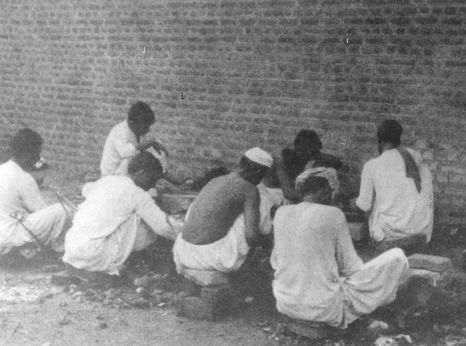Punjab prisoners at heightened risk of Covid-19

Pakistan’s prisons suffer from severe overcrowding. Currently, prisons are at 130 percent occupation rate, with poor ventilation, insufficient beds and limited access to medicines, hygiene and sanitary products. While everyone remains at risk of contracting COVID-19, such detention conditions greatly increase the potential spread of the virus.
Families of prisoners have expressed concern about their loved ones being at heightened risk of COVID-19. In Punjab, prison visits have been banned for at least the next two weeks.
The provincial governments of Sindh and Punjab, in Pakistan, have announced measures such as early release and testing in prisons. These commitments should be followed through and replicated nationwide, especially given that one prisoner has already tested positive for COVID-19.
Under the right to health in the International Covenant on Economic, Social and Cultural Rights (ICESCR), health care goods, facilities and services should be available in sufficient quantity within the state; accessible to everyone without discrimination; respectful of medical ethics and culturally appropriate; and scientifically and medically appropriate and of good quality. To be considered “accessible”, these goods and services must be accessible to all, especially the most vulnerable or marginalized sections of the population; within safe physical reach for all sections of the population; and affordable for all. The right also includes the accessibility of health-related information.
According to the International Covenant of Civil and Political Rights, under conditions of detention, the Pakistani authorities should ensure that all prisoners have prompt access to medical attention and health care. The provision of health care for prisoners is a state responsibility. Prisoners should enjoy the same standards of health care that are available in the community, including when it comes to testing, prevention and treatment of COVID-19.
Where a prison service has its own hospital facilities, they must be adequately staffed and equipped to provide prisoners referred to them with appropriate treatment and care. Prisoners who require specialized treatment, not available at the prison facilities, should be transferred to specialized institutions or to civil hospitals.